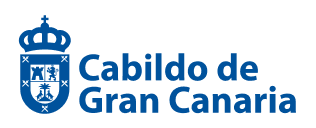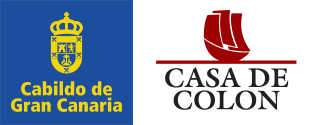El tabaco de las Indias, las Reales hacienda y el mercado inglés en el primer tercio del siglo XVII / The Spanish colonial tobacco, the royal finances, and the English market in the first third of the XVIIth Century
Palabras clave:
abaco, colonias, hacienda pública, España, Inglaterra, siglo XVII, tobacco, colonies, public finances, Spain, England, XVIIth centuryResumen
Las expectativas de sumar a los impuestos que gravaban el tabaco procedente de las colonias americanas los beneficios derivados de la negociación mercantil, llevaron a la real hacienda, en el año 1620, a estancar el tabaco de las Indias, esto es, a gestionar de forma directa la compra del producto en origen, su traslado a España y su venta en Sevilla. La información remitida por el factor designado por el rey para hacerse cargo del estanco, Diego Pinelo, permite conocer la geografía y condiciones de producción y comercialización del tabaco en esta fecha tan temprana de su cultivo en las Indias, las dificultades que encontró en el desempeño de su misión y los resultados económicos obtenidos en el primer año y medio de su intervención como administrador del tabaco del rey. La hoja de mejor calidad se remitía tradicionalmente a Inglaterra, de manera que el tabaco se convirtió en estos años, tras el vino y junto con el azúcar, en el capítulo más importante de las exportaciones españolas a dicho país.
The Spanish Royal Treasury, with the expectation of adding the profits coming from its trade to the taxes imposed on tobacco from the American colonies, established a state monopoly on Indian tobacco in 1620. By virtue of this decision, from that point onwards the tobacco produced in the colonies would be purchased, sent to Spain, and sold in Seville under state control. The information provided by Diego Pinelo — appointed factor by the king — to the Council of the Indies, describes in great detail the geography, conditions of production, and marketing of tobacco at this early stage of its growth in the Spanish Indies, as well as the difficulties he encountered when carrying out his duties, and the economic outcome of the monopoly in the first year-and-a-half of its operation. The best-quality leaves were traditionally sold to England, one of the most important markets for tobacco in Europe, so that during these years tobacco became, after wine and sugar, the most important single Spanish export to that country.










